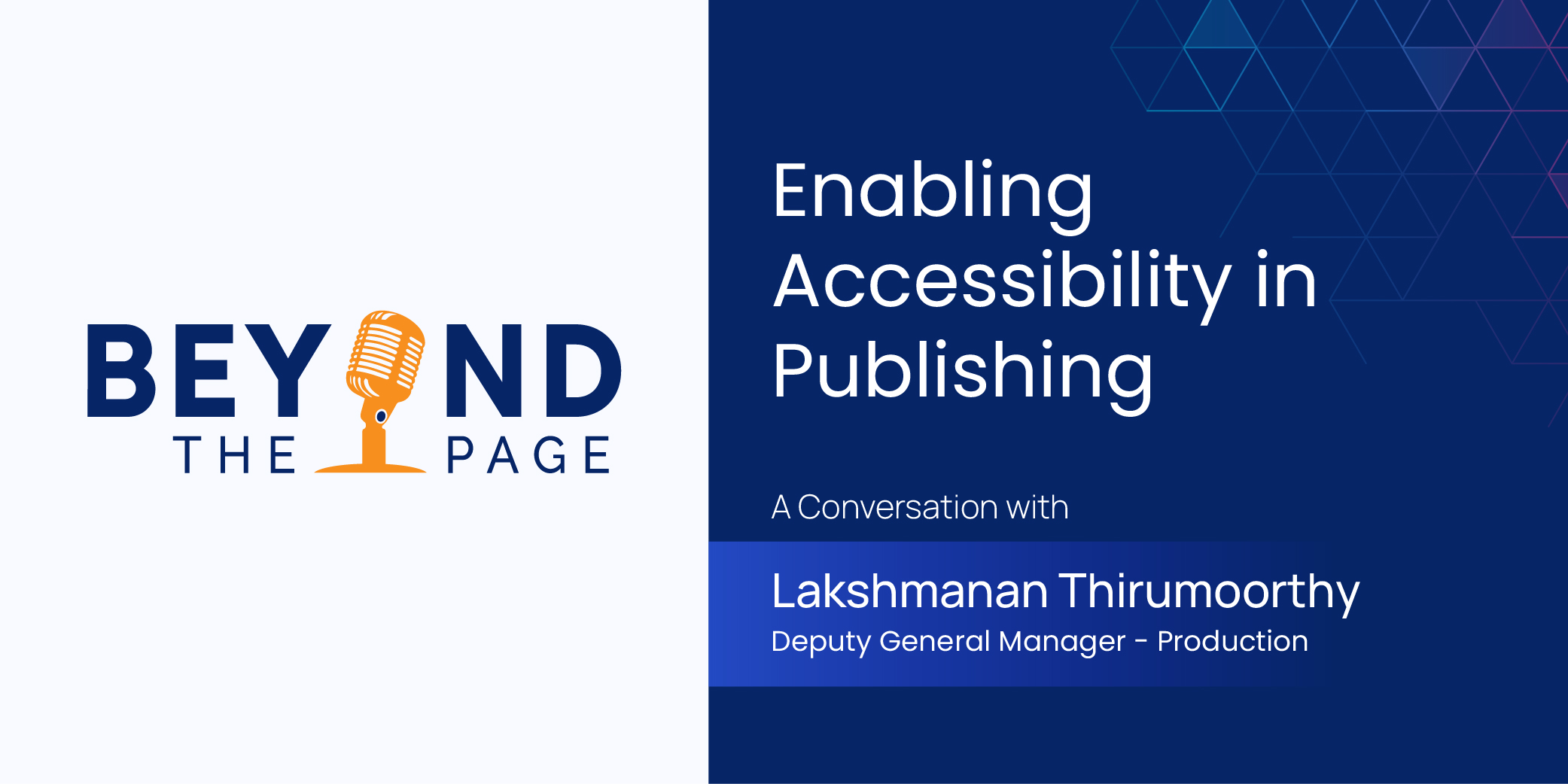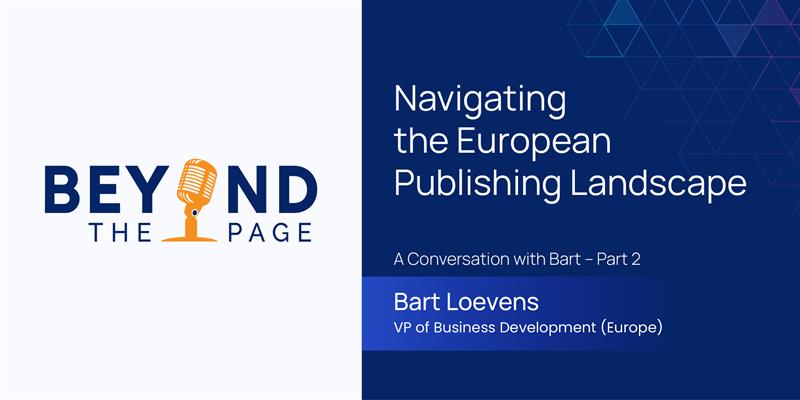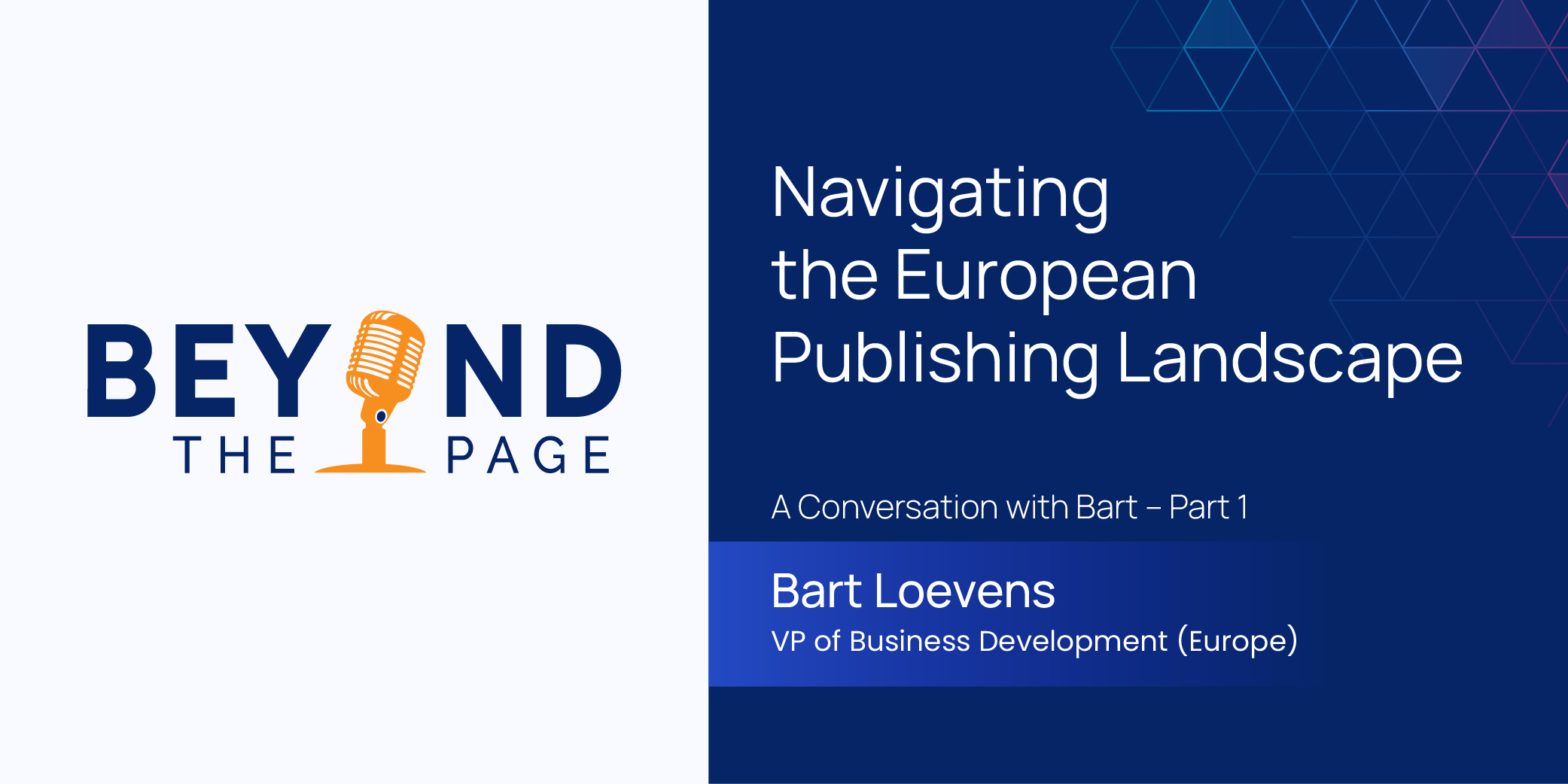What does NLP mean in the Learning and Digital Publishing domains?

Artificial Intelligence (AI) has been pervading the digital publishing space quite effectively of late, easing out labor-intensive processes and streamlining several services across the spectrum, Natural Language Processing (NLP) is yet another interesting phenomenon that has gripped the attention of those in the learning and digital publishing arena.
With such innovation taking place at a rapid pace, what’s in store for digital publishers and their audiences?
Aiming for precision and context-sensitivity
One of the primary issues with several ‘keyword-based’ analysis systems is that they lack precision. They often count words as ‘character strings’ so that analysis runs faster, but doing so removes crucial contextual understanding and insight, making word matching difficult. It is here that NLP can add value owing to its differentiated offering.
With semantic cognition at its core, NLP understands each word on a page as a human brain does. This allows it to extract the true meaning, resulting in more insightful and precise classifications.
Replicating human understanding to create better experiences
We humans typically use all our senses to code experiences internally. The technical term for this is `internal representation’, given that the word `imagery’ does not immediately conjure up the role of hearing, feeling, tasting, smelling, and movement in the coding of experience.
NLP cognitive solutions have the ability to replicate human understanding and read content the way humans do, owing to semantic technology that can make sense of subtle changes in the meaning of words, specific to their context.
Creating highly personalized content
NLP aids granular data analysis. This is at the intersection of other data types, such as demographic, psychographic, or behavioral data, and can drive insightful understanding of user preferences. This is an important step towards enabling the creation of tailor-made content that suits distinct user segments.
Reorganizing data to understand the audience better
Advanced cognitive technologies such as NLP not only enable publishers to turn silos of data into orderly profiles, but also analyze responses to digital learning content and predict the kind of content that works for them, both in the present and also for the future. Equipped with this data, publishers will have the means to significantly meet user demands at a rapid pace and continue staying attuned to their growing needs.
The bottom line
For the average consumer, AI and its associated technologies such as NLP might mean more automation and, in effect, more time on their hands. For publishers, however, it promises a whole new world of possibilities. From gaining perspective through a unique understanding of audiences to optimizing content, publishers can save both cost and time.
What’s more; NLP is set to do a lot more.
Powered by NLP and AI, iAuthor is an intuitive, collaborative content authoring and editing platform that enables publishers to achieve rapid publication cycles – from manuscript processing to delivering print-ready PDFs or multiple e-formats ready for distribution.
[/fusion_text][/fusion_builder_column][/fusion_builder_row][/fusion_builder_container]
News & Insights

Enabling Accessibility in Scholarly Publishing – A Conversation with Lakshmanan Thirumoorthy

Navigating the European Publishing Landscape – A Conversation with Bart – Part 2

